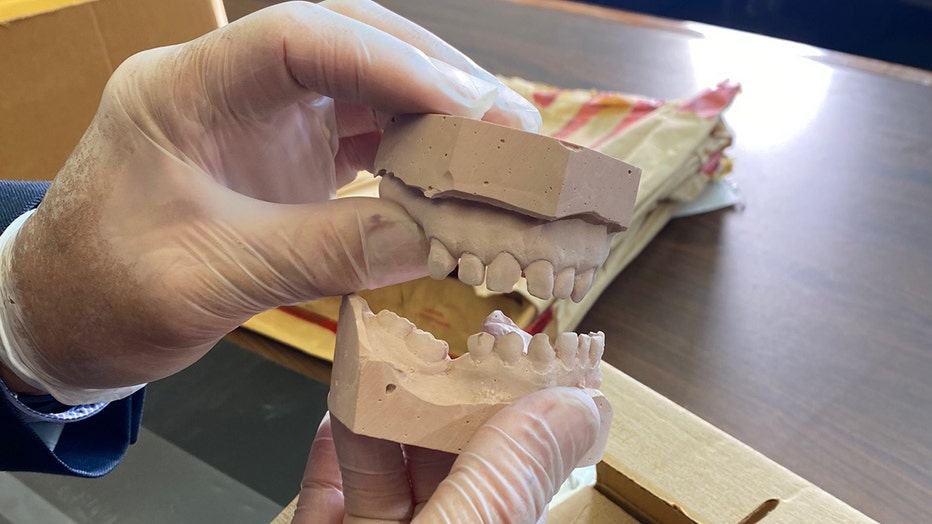Reliving The Best EFL Games: A Comprehensive Guide

Table of Contents
Classic EFL Games for Vocabulary Building
Effective vocabulary acquisition is crucial for EFL learners. These classic games make learning new words fun and memorable.
Bingo: A Vocabulary Building Staple
Bingo is a timeless classic perfect for reinforcing vocabulary in your EFL classroom.
- Benefits: Fun, engaging, and easily adaptable to any vocabulary set. It's a great way to check for understanding and reinforce recently learned words. Students enjoy the competitive aspect while actively participating in the learning process.
- Implementation: Create bingo cards with target vocabulary. You can use pre-made templates or create your own, tailoring them to specific vocabulary lists. Call out words or show flashcards, and have students mark them on their cards. The first student to get a bingo wins! Consider offering small prizes to boost engagement.
- Variations: Picture bingo (using images instead of words) is excellent for visual learners. Sentence bingo, where complete sentences are called out, helps students practice sentence construction alongside vocabulary. Consider using themed bingo cards focusing on specific topics like food, animals, or travel.
Pictionary/Charades: Boosting Vocabulary Through Non-Verbal Communication
Pictionary and Charades are excellent EFL games that move beyond simple memorization and encourage creative expression.
- Benefits: Develops communicative skills, improves non-verbal communication, and encourages creativity. It’s a fantastic way to engage students who might struggle with verbal communication.
- Implementation: Divide students into teams. One student from each team draws or acts out a word from a pre-selected vocabulary list while their teammates guess. Rotate roles to ensure everyone participates.
- Variations: Teams can compete, adding an element of friendly competition. You can adjust the difficulty based on the students' level – using simpler words for beginners and more complex terms for advanced learners. Consider incorporating mime or other expressive actions for added challenge.
Memory Matching: Vocabulary Retention Made Fun
Memory matching games are a fantastic way to improve vocabulary retention and memorization skills.
- Benefits: Engaging and visually stimulating, suitable for all levels. This game reinforces word recognition and recall. It also helps students make connections between words and their meanings.
- Implementation: Create cards with matching word/picture pairs. Shuffle the cards and lay them face down. Students take turns flipping over two cards at a time, trying to find matching pairs.
- Variations: Use thematic vocabulary for focused learning. For example, create a set of cards focusing on transportation vocabulary or classroom objects. Consider using real-life objects instead of pictures for a more tactile experience.
EFL Games for Grammar Practice
Grammar can be challenging, but these games make it engaging and less daunting.
Sentence Building Games: Mastering Grammar Through Construction
Sentence building games help students practice correct sentence structure and grammar rules in a fun and interactive way.
- Benefits: Reinforces grammar points through active participation. Students learn by doing, rather than passively listening to explanations. It also improves their understanding of word order and sentence construction.
- Implementation: Use word cards or sentence starters. Students arrange the words to create grammatically correct sentences, focusing on specific tenses, verb conjugations, or other grammar points.
- Variations: Team-based competitions or individual challenges can add an element of competition and encourage participation. Provide varying levels of difficulty to cater to different skill levels.
Grammar Board Games: Making Grammar an Adventure
Transform grammar practice into an adventurous journey with engaging board games.
- Benefits: Engaging and motivating, promoting active participation. The gamified approach makes grammar practice less of a chore and more of an enjoyable experience.
- Implementation: Create or use pre-made board games with grammar-focused challenges. Students move around the board, answering grammar questions or completing tasks to advance.
- Variations: Adapt existing board games like Snakes and Ladders or Monopoly to include grammar rules. This provides a familiar framework within which to introduce new grammatical concepts.
Error Correction Games: Sharpening Grammar Awareness
Error correction games improve grammar accuracy through identifying and correcting mistakes.
- Benefits: Sharpens grammar awareness and self-correction skills. Students develop the ability to spot and rectify errors independently, crucial for improving their writing and speaking accuracy.
- Implementation: Present sentences with grammatical errors for students to identify and correct. You can use worksheets or project sentences onto a screen.
- Variations: Team-based corrections encourage collaboration and peer learning, while individual quizzes assess individual understanding.
Fun EFL Games for Fluency Development
Fluency is key to effective communication. These games help students develop confident and natural speech.
Role-Playing Scenarios: Building Confidence and Fluency
Role-playing encourages spontaneous speaking and develops conversational skills.
- Benefits: Improves fluency, confidence, and communicative competence. Students practice using English in realistic situations, building their confidence and improving their natural flow of speech.
- Implementation: Assign roles and scenarios for students to act out. Provide clear instructions and context, encouraging improvisation and natural interaction.
- Variations: Use real-life situations (ordering food, asking for directions, making a complaint) to make it more relatable and relevant to students' lives.
Storytelling Games: Unleashing Creativity and Fluency
Storytelling games develop narrative skills and creative language use.
- Benefits: Promotes imagination, vocabulary expansion, and fluency. It encourages students to express themselves creatively, expanding their vocabulary and improving their ability to construct coherent narratives.
- Implementation: Use picture prompts or story starters to inspire creative narratives. Students can work individually or in groups to build upon the initial prompt.
- Variations: Chain storytelling (each student adds a sentence or paragraph), collaborative storytelling (working together to create a unified story), and storytelling with visual aids are all great options.
Discussion and Debate Games: Enhancing Fluency Through Critical Thinking
Discussion and debate games promote critical thinking and expressive language.
- Benefits: Develops argumentation skills, expands vocabulary, and enhances fluency. Students learn to articulate their opinions, defend their viewpoints, and engage in respectful discussions.
- Implementation: Present controversial topics for students to discuss and debate. Provide clear guidelines for respectful debate and encourage students to support their claims with evidence.
- Variations: Formal debates (with pre-assigned roles and structures), informal discussions (more open-ended and free-flowing), and opinion polls (quick and engaging way to gather student viewpoints) all offer valuable opportunities for improving fluency.
Conclusion
This guide has explored a range of engaging EFL games designed to enhance vocabulary acquisition, grammar practice, and fluency development. By implementing these fun and interactive activities, you can transform your EFL classroom into a dynamic and motivating learning environment. Remember, the best EFL games are those that cater to different learning styles and keep students actively engaged. So, start incorporating these EFL games into your lessons and watch your students' English skills flourish! Reimagine your EFL lessons with exciting and effective EFL games today!

Featured Posts
-
 Snl Bomb Threat Arrest Made In Scarlett Johansson Stalker Case
May 13, 2025
Snl Bomb Threat Arrest Made In Scarlett Johansson Stalker Case
May 13, 2025 -
 Report Tory Lanez Stabbed Hospitalized After Prison Attack
May 13, 2025
Report Tory Lanez Stabbed Hospitalized After Prison Attack
May 13, 2025 -
 The Humanitarian Crisis In Gaza The Plight Of Hostage Families
May 13, 2025
The Humanitarian Crisis In Gaza The Plight Of Hostage Families
May 13, 2025 -
 Extinction Threat Uks Rare Wildlife And The Wildfire Crisis
May 13, 2025
Extinction Threat Uks Rare Wildlife And The Wildfire Crisis
May 13, 2025 -
 Ostapenkos Upset Victory In Stuttgart Defeating Sabalenka
May 13, 2025
Ostapenkos Upset Victory In Stuttgart Defeating Sabalenka
May 13, 2025
